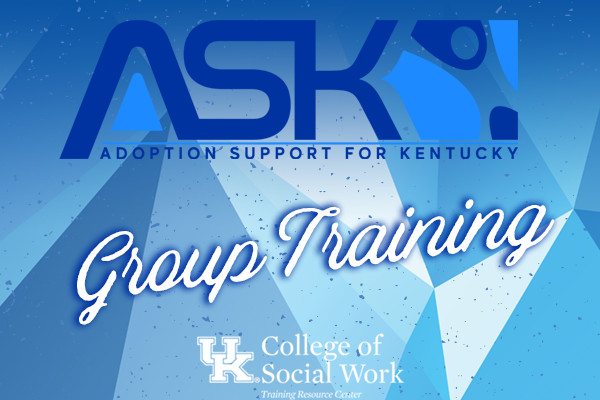
Exploring and Tackling Poor Engagement in Mental Health Services for U.S. Military Veterans with Serious Mental Illness: Collection of Papers
This capstone project focuses on the treatment engagement challenges for military veterans with serious mental illness (SMI). Poor engagement in care is correlated with negative outcomes for this population. By exploring the scope and conceptualization of this issue, a solution is proposed to tackle poor engagement with SMI veterans.
To begin, a systematic literature review examines the effectiveness of intensive case management with a therapeutic alliance for this population. Due to the lack of literature available on this issue, the conceptual paper proposes a self-determination theoretical approach to improve treatment engagement with SMI veterans. Broadening the conceptualization, the final piece of this capstone project proposes a practice application for clinicians to enhance their skills to engage SMI veterans in mental health services.











